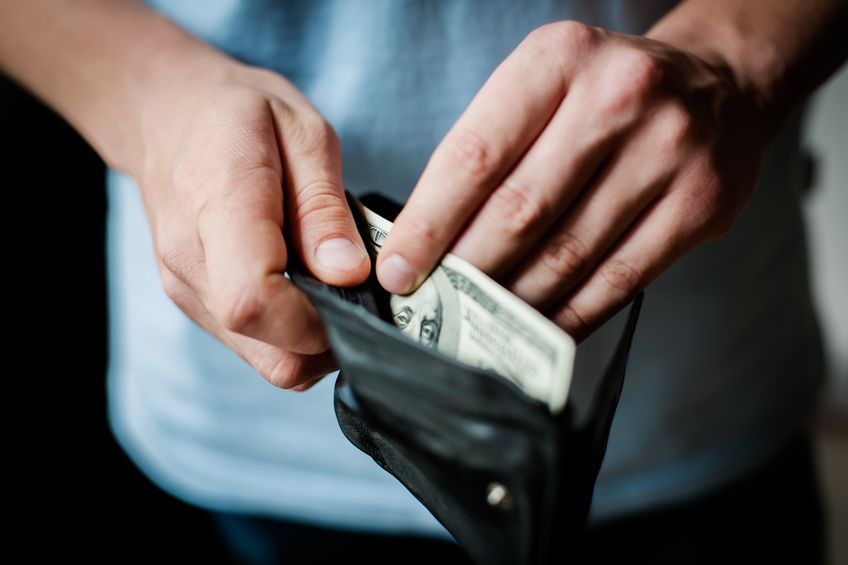Find a currency
Historical rates
How to calculate exchange rates
Exchange rates are influenced by banks and trading institutions and the volume of currency they are buying and selling at any given time. Currencies are traded (bought and sold) daily around the world.
One currency can be purchased by another currency through banking institutions or on the open market. The volumes of currencies traded are increased and decreased depending on the attractiveness of any particular currency, which depends on a multitude of factors such as political stability, economic strength, government debt and fiscal policy among others.
Government central banks also have the ability to set a currency at a constant price through a method called pegging, which essentially tethers the value of one currency to another. The value (or price) of a currency is determined by its traded volume. If a currency is competitively priced, traders will buy the currency, essentially driving up its value. If a currency is not competitively priced, traders may avoid buying, or even sell it, essentially driving down its value.
How to read exchange rates - currency jargon explained
Foreign exchange can be confusing, so to help break through the confusion, here are some common terms associated with currency:
- Buy rate – This is the rate at which we buy foreign currency back from you into your local currency. For example, if you were returning from America, we would exchange your US dollars back into British pounds at the buy rate of the day.
- Commission – This is a common fee that foreign exchange providers charge for exchanging one currency with another.
- Cross rate – This is the rate we give to customers who want to exchange currencies that do not involve the local currency. For example, if you want to exchange Australian Dollar into US Dollar.
- Currency Pair - This the the relationship between two country's currencies. It is often denoted like this: GBP/USD, EUR/JAP, AUD/INR
- Holiday money rate or tourist rate – This is another term for a sell rate.
- Sell rate – This is the rate at which we sell foreign currency in exchange for local currency. For example, if you were heading to Europe, you would exchange Bahrain dinars for Euros at the sell rate.
- Spot rate – This is known more formally as the ‘interbank’ rate. It is the rate banks or large financial institutions charge each other when trading significant amounts of foreign currency. In the business, this is sometimes referred to as a ‘spot rate
- Spread – This is the difference between the buy and sell rates offered by a foreign exchange provider such as us.
Exchange Rates FAQ's
Why do currency exchange rates fluctuate?
Currencies constantly move up and down against each other as financial markets change. These movements can be caused by supply and demand, as well as by political and economic events.
Why are tourist money exchange rates not the same as the market spot rate?
The market (or spot) exchange rate, is the rate at which banks exchange currencies. There are a lot of processes and people involved in providing currency into your hands. There is a cost to doing this, which means that the value of the currency is affected to cover all of said cost.
At Travelex, we work to provide you with the best value on your foreign currency as possible. We are constantly striving to improve our systems and processes to make them more efficient, meaning that you get the best value for your travel money exchange rates from us.
Does it pay to shop around and compare rates?
There are a lot of foreign currency providers in Bahrain, offering you a range of products and services. With so much choice, it means that you can spend time to find the best exchange rate in the market. However, there is usually very little difference; it can be just a matter of Dinars.

 [countryName]
[countryName]